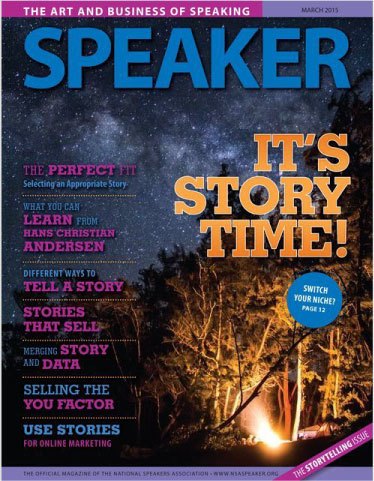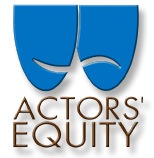Saturday afternoon I had a long conversation with a family friend. She wanted my advice. One of her personal development goals this year is to get better at time management: “I just want to find a few more minutes everyday to get things done.” I replied: “Well, tomorrow morning you’ll have an extra hour to do anything you want.”
We shared a laugh. Talking about needing to find more time, on the night we were going to be resetting our clocks back one hour, stuck us both as a funny coincidence. Then I shared a few tips. Thought you might find them helpful.

Time Management = Life Management
First, as Steven Covey has said: “Time management is a misnomer. The challenge is not to manage time, but to manage yourself. The key is not to prioritize what’s on your schedule, but to schedule your priorities.”
The notion here is that time management isn’t time management at all, the real question is: how are you going to manage your life?
Try this exercise. Make a list of the top 10 things that are important to you. Include both work and personal items. My list includes things like:
- Following up with clients to see how they are doing and finding out what they might need help with in the future
- Sharing ideas with others
- Exercise
- Date night with my husband
- Learning new things
Time Audit
Then do a time audit. There are several great apps for this. Try Toggl, Timely or ATracker. Track everything you do for a week. At the end of the week compare how you actually spent your time against the list of things that are important to you. This will give you significant insights. You’ll discover when you are spending time on unimportant tasks and activities.
Do Thinking Work At YOUR Best Time Of Day
Next, give some thought to when you are most creative and clear headed. For many people it’s first thing in the morning. For others it’s right before lunch. Take a look at your time audit and see if you are doing your important work during this period of the day, or if you are wasting it on low priority work or meetings. Start arranging your work to match your personal rhythm.
Stop Multitasking!
A report from the University of London found that multitasking lowers IQ. IQ score drops of 15 points for multitasking men lowered their scores to the average range of an 8-year-old child. Think about that the next time you try to shoot your boss an email while you are sitting in a meeting.
Other research shows that 25% of the time when a person switches tasks it takes them two hours before they return to what they were doing before they switched.
It takes rigor and discipline to cut distractions, but the pay-offs, in terms of productivity, are worth it.
Create A Work Bubble
When you really need to get stuff done create a work bubble. Turn off your phone and shut down your email for just 20 – 30 minutes. Set a timer and give yourself a deadline to complete one important task.
When I was VP of a 200 person department I used to put a sign on my door that said: “Important thinking going on.” This would stop my co-workers from interrupting me. Once I’d completed the task I would open my door and make myself available again. This technique gently taught the people around me not intrude when I was in my ‘bubble’.
Additionally, it’s essential to set clear boundaries with your colleagues. Be honest about how much you can achieve. Be willing to say: “With the resources I have available it will take me x amount of time to do that task or project for you.“
Better yet…
Practice Saying No
When someone asks you to do something that you really don’t have time to do, say so, politely, but firmly. Jana Kemp, founder and president of Meeting & Management Essentials, a time-management consultancy in Boise, Idaho talks about the power of the word: NO. She strongly advocates that people shouldn’t feel guilty about maintaining personal boundaries.
Finally, remember, you’ve been given the same number of minutes per day that William Shakespeare, Marie Curie, Nelson Mandela and Steve Jobs had.
















